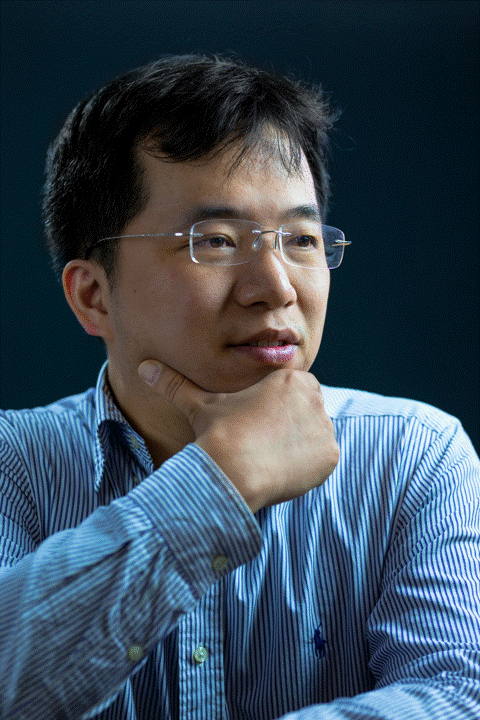
搜索网站、位置和人员

新闻与活动 活动信息
西湖工程讲座系列第39期 | Qiang Zhang 张强: Emerging Energy Chemistry at Li Metal Anode and Electrolyte Interfaces
时间
2023年4月21日(周五)
14:00-15:30
地点
西湖大学云谷校区 E10-205
主持
西湖大学工学院 向宇轩博士
受众
全体师生
分类
学术与研究
西湖工程讲座系列第39期 | Qiang Zhang 张强: Emerging Energy Chemistry at Li Metal Anode and Electrolyte Interfaces
时间:2023年4月21日(周五) 14:00-15:30
Time: 14:00-15:30, Friday, April 21, 2023
地点:西湖大学云谷校区 E10-205
Venue: E10-205, Yungu Campus
主持人: 西湖大学工学院 向宇轩 博士
Host: Dr. Yuxuan Xiang, Westlake Fellow, Westlake University
语言:英文
Language: English
主讲嘉宾/Speaker:

Prof. Qiang Zhang 张强
Professor, Deputy Director of
Talent Office & Human Resources
Tsinghua University
主讲人简介/Biography:
Prof. Qiang Zhang is a full professor at Tsinghua University. He obtained his Ph.D. in chemical engineering (2009) from Tsinghua University, China, and subsequently held Research Associate/Postdoc Research Fellow positions in the Case Western Reserve University, USA, and Fritz Haber Institute of the Max Planck Society, Germany. He held the Newton Advanced Fellowship from Royal Society, UK and the National Science Fund for Distinguished Young Scholars. He is selected as highly cited researchers at 2017-2022 by Clarivate Analytics. His current research interests are advanced energy materials, including dendrite-free lithium metal anode, lithium sulfur batteries, and electrocatalysis, especially the structure design and full demonstration of advanced energy materials in working devices. He is the Advisor Editor of Angew. Chem., Associate Editor of J Energy Chem, EcoMat, & Energy Storage Mater.
讲座摘要/Abstract:
In this talk, we afford an overview of our recent attempts toward rational electrolyte design for safe Li batteries based on a comprehensive understanding of the cation–solvent, cation–anion, and anion–solvent interactions in electrolytes. The formation of cation–solvent complexes decrease the reductive stability but increases the oxidative stability of solvents according to the frontier molecular orbital theory. While the induction of anions into Li+ solvation shell has an opposite function in regulating solvent stability than cations. The competitive coordination of anions and solvents with cations directly determines the salt solubility in electrolytes and the formation of ion pairs and aggregates, which widely exist in high-concentration electrolytes and stabilize Li metal anodes. With a comprehensive and deep understanding of the fundamental interactions in electrolytes and the structure–function relationship, bottom-to-up engineering of Li battery electrolytes is expected to be achieved, accelerating the applications of safe and high-energy-density Li batteries.
讲座联系人/Contact:
工学院石怀玮
shihuaiwei@westlake.edu.cn

















